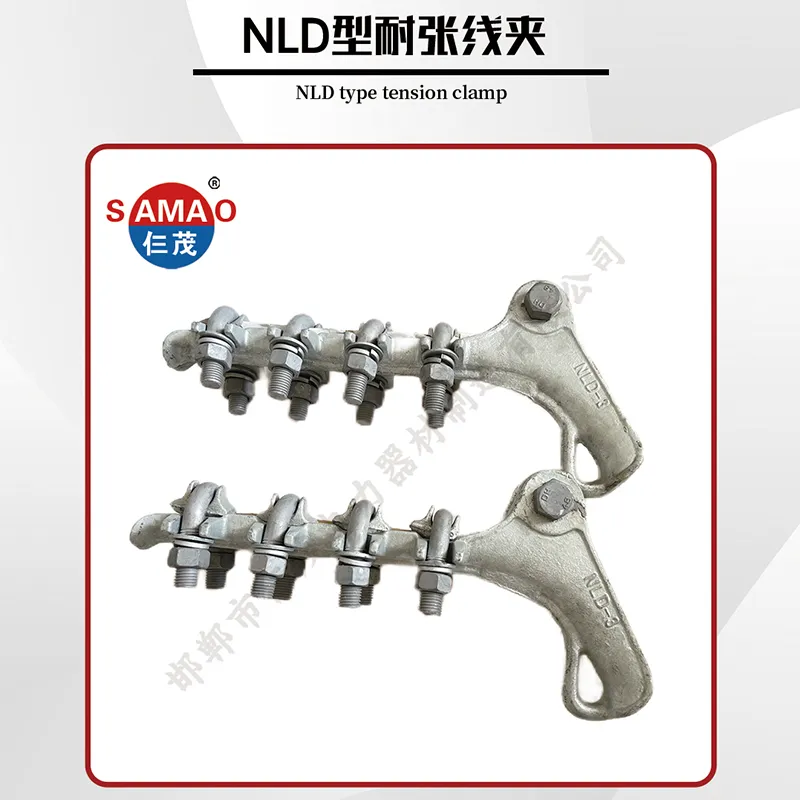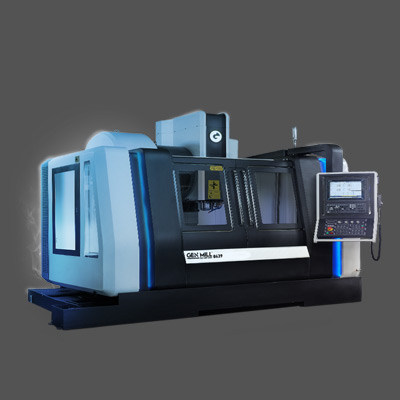1 月 . 20, 2025 15:08
Back To List
Grounding Electrode
As an expert in the field of electrical appliances, understanding the intricacies of this essential segment of consumer electronics can be quite rewarding. The world of electrical tools and appliances is vast and ever-evolving, encompassing everything from household essentials to complex industrial machines. This article seeks to delve into the core of electrical appliances, evaluating their experience, expertise, authoritativeness, and trustworthiness, focusing predominantly on the product aspect.
Authoritativeness in the domain of electrical appliances often correlates with regulatory compliance and certification. Products that adhere to international safety standards (such as UL or CE markings) display a commitment to consumer safety and quality assurance. Authoritative brands not only comply with these regulations but also actively participate in refining them by engaging with research and development efforts to enhance product offerings. They invest in innovation, creating smart appliances equipped with AI and IoT capabilities, thus setting industry benchmarks. Trustworthiness is the cornerstone that underpins consumer relationships with electrical appliance manufacturers. Providing quality customer service, ensuring transparency in warranty policies, and maintaining a robust after-sales support system are all integral to building trust. Products like Philips and Panasonic have long-standing reputations for quality and customer satisfaction, illustrating the importance of these attributes. Genuine customer reviews and feedback further bolster an appliance's market position, influencing potential buyers' decisions. In conclusion, the world of electrical appliances is characterized by a delicate balance of technological advancement and user-centric design. It is imperative for manufacturers to prioritize experience, expertise, authoritativeness, and trustworthiness in their offerings. By doing so, they ensure that their products not only meet consumer needs but also contribute positively to the broader aspects of environmental sustainability and technological evolution. Embracing these pillars can help secure a competitive edge in the ever-growing global market, creating lasting impacts both for consumers and the industry as a whole.


Authoritativeness in the domain of electrical appliances often correlates with regulatory compliance and certification. Products that adhere to international safety standards (such as UL or CE markings) display a commitment to consumer safety and quality assurance. Authoritative brands not only comply with these regulations but also actively participate in refining them by engaging with research and development efforts to enhance product offerings. They invest in innovation, creating smart appliances equipped with AI and IoT capabilities, thus setting industry benchmarks. Trustworthiness is the cornerstone that underpins consumer relationships with electrical appliance manufacturers. Providing quality customer service, ensuring transparency in warranty policies, and maintaining a robust after-sales support system are all integral to building trust. Products like Philips and Panasonic have long-standing reputations for quality and customer satisfaction, illustrating the importance of these attributes. Genuine customer reviews and feedback further bolster an appliance's market position, influencing potential buyers' decisions. In conclusion, the world of electrical appliances is characterized by a delicate balance of technological advancement and user-centric design. It is imperative for manufacturers to prioritize experience, expertise, authoritativeness, and trustworthiness in their offerings. By doing so, they ensure that their products not only meet consumer needs but also contribute positively to the broader aspects of environmental sustainability and technological evolution. Embracing these pillars can help secure a competitive edge in the ever-growing global market, creating lasting impacts both for consumers and the industry as a whole.
Prev:
Next:
LATEST PRODUCTS




